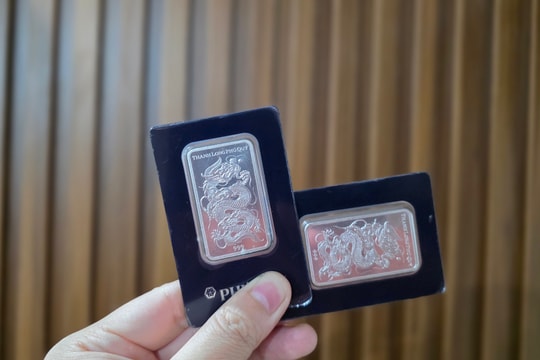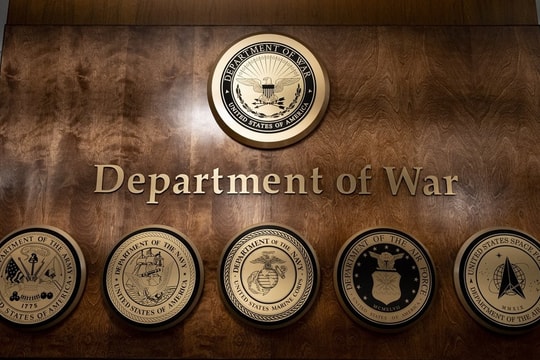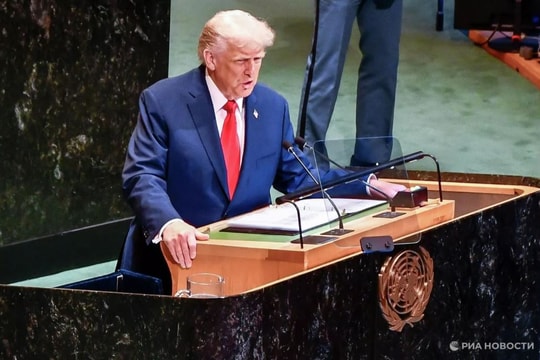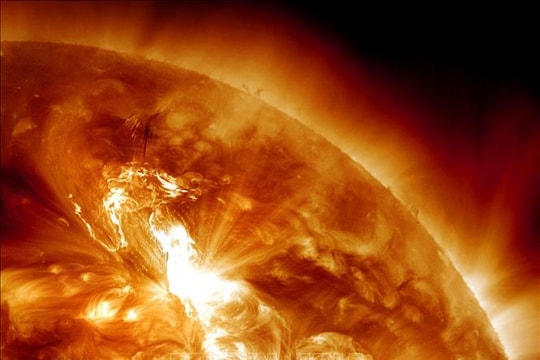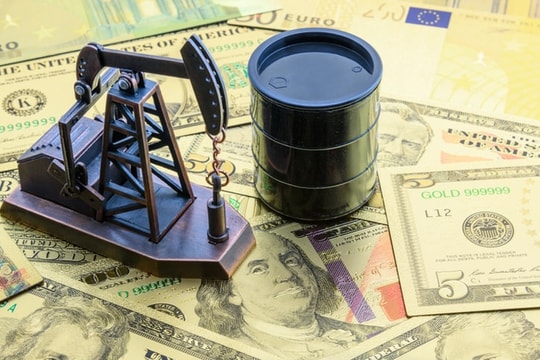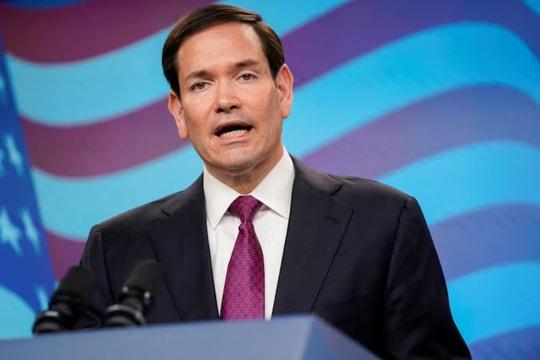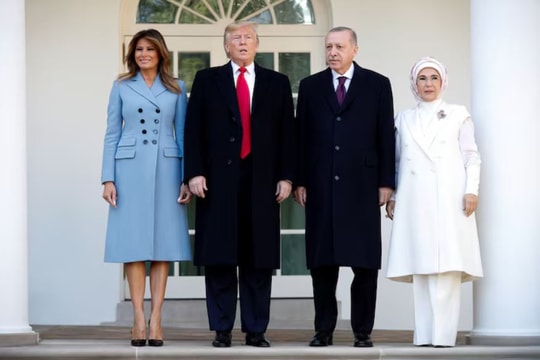Crisis of confidence in America
In 2019, only 17% of Americans had confidence in the federal government. But that trust is at risk of falling further because of Covid-19.
Patricia Millner, a nurse in Hershey, Pennsylvania, was born in 1956, the year President Dwight D. Eisenhower was re-elected. The U.S. economy was booming and public confidence in government was high. Two years later, national polls showed that about three-quarters of Americans said they trusted the federal government to make all decisions.
A lot has changed since then. There was the Vietnam War and then there was Watergate in 1972, the political scandal that led to the resignation of President Richard Nixon. During the 2008 financial crisis, Millner saw banks bailed out by the government while people lost their homes.
When Covid-19 struck and put nearly 39 million people out of work, Ms. Millner once again saw the government taking care of the wealthy, while many others had to find ways to save themselves.
"Every time I see a TV commercial that says we're all in this together, my blood boils. We're not. The upper class is doing fine, but two-thirds of the country is ruined," she said.

A man holding an American flag protests against the Covid-19 lockdown in Lansing, Michigan, in April. Photo: AP.
Long before Covid-19, the United States was facing another crisis: declining public trust in the federal government. This decline has been going on for decades, through administrations from Democrats to Republicans. In 2019, the United States recorded its lowest public trust rating since polling began, with only 17% of Americans believing the government “always or mostly does the right thing,” according to a survey by the Pew Research Center.
Washington's lack of trust doesn't mean people don't trust any part of government. Polls show people are more likely to trust local government, and some governors have high approval ratings for their handling of the pandemic.
In more than 20 interviews thatNYTimesAmericans say the federal government is not handling the Covid-19 crisis well. Many point out that corporations seem to get the lion’s share of federal bailout money while small businesses struggle. They are confused that they are being asked to stay home and sacrifice their personal interests for the good of the community, but are not being given enough financial support to do so. Some even say it is pointless to lock down entire states when not all places are affected equally.
The US is rolling out one of the largest government relief packages in recent history. Many people say they've received the money, but it's not enough to address their larger financial problems, like rent and mortgage payments.
“I don’t trust all of them,” said Curtis Devlin, 42, an Iraq war veteran living in California, referring to national leaders in both the Democratic and Republican parties. “They only represent the interests of donors, power brokers and parties,” he said.
National crises tend to build unity and increase public confidence in government. In recent history, the highest approval rating for the US government was after the September 11, 2001, terrorist attacks. But it began to decline after the Iraq War, under President Barack Obama and now under Donald Trump. Since 2008, approval ratings have never exceeded 25%.
The frustration with the federal government has also been evident in the presidential campaign. President Trump has repeatedly portrayed himself as a champion for those left behind by Washington policies. Joe Biden, the Democratic nominee, has pledged to do the same. But for Americans who no longer trust government, this promise rings hollow, even when it comes from their own party’s candidate.
"We still don't have health care and we still have to pay high prices for medicine. We're still in a 17-year war. If I vote for Joe Biden, nothing will change. That's what makes me frustrated," Ms. Millner said.
Jacob Hacker, a political scientist at Yale University, argues that the reason people are losing faith in both parties boils down to two questions: Will things get better? And does the government represent my interests? As inequality grows, the answer to both questions is no.
"Rising inequality is a huge shock to our political and social system. People feel they are not getting what they deserve and the government is not responding to the aspirations of the people, or you could say the government does not represent the interests of ordinary people," Hacker shared.
As a result, he added, "our democracy is not working as well as it should."
The level of trust in government is a measure of the strength of a democracy. Democracies with low trust ratings tend to be less stable.
Patricia Bolgiano has lived through several economic recessions in the United States. In each, she says the measures taken by leaders to deal with the downturns often left her family “left behind,” while a small number of people who benefited became richer.
Bolgiano worked in a Maryland bank call center during the 1987 stock market crash and the savings-loan crisis of the 1980s and 1990s. She remembers the frightened voices of customers and the talk of golden parachutes (severance packages attached to senior executives’ contracts in case they were fired).
Twenty years later, it happened again. One evening in 2008, she was driving and listening to the news on the radio. The banks had collapsed. She knew what was coming next: Wall Street bailed out and not held accountable for what they had done to damage the economy.
"They know they can be safe," she said.

A woman holds a sign reading "Where's our bailout" during a protest against the bailout of major banks during the financial crisis in New York, in 2008. Photo:NYTimes.
Bolgiano believes the same scenario will play out again with this pandemic. People are being asked to stay home and adapt to living with Covid-19, even if they have no savings. Although the government has released a lot of money, she doubts it will reach those who really need it.
“Why are multi-million dollar businesses getting bailouts while small businesses are not? Leaders seem to be making rules and bailouts for their families and friends, not for the public,” she said.
Low levels of trust among large swaths of the population can be fertile ground for conspiracy theories. Amanda Roberts, a political analyst in Michigan, grew up in a working-class family and understands where conspiracy theories come from. The feeling of powerlessness deepens anxiety and the desire for an explanation, a way to control the world around them.
“It’s scary to see people trying to clarify things because they’ve lost faith,” Robert pointed out, pointing out that conspiracy theories are being spread on social media by people she doesn’t expect.
One of Robert’s friends shared a fake documentary claiming the pandemic was intentionally created, while another who works at a daycare center insisted that people didn’t need to quarantine. When Robert suggested a friend contact a state legislator for help with unemployment benefits, the friend criticized him.
"The answer I got was, 'I don't believe they'll help us with anything. They're just keeping us unemployed so we're dependent on them,'" Robert said.

